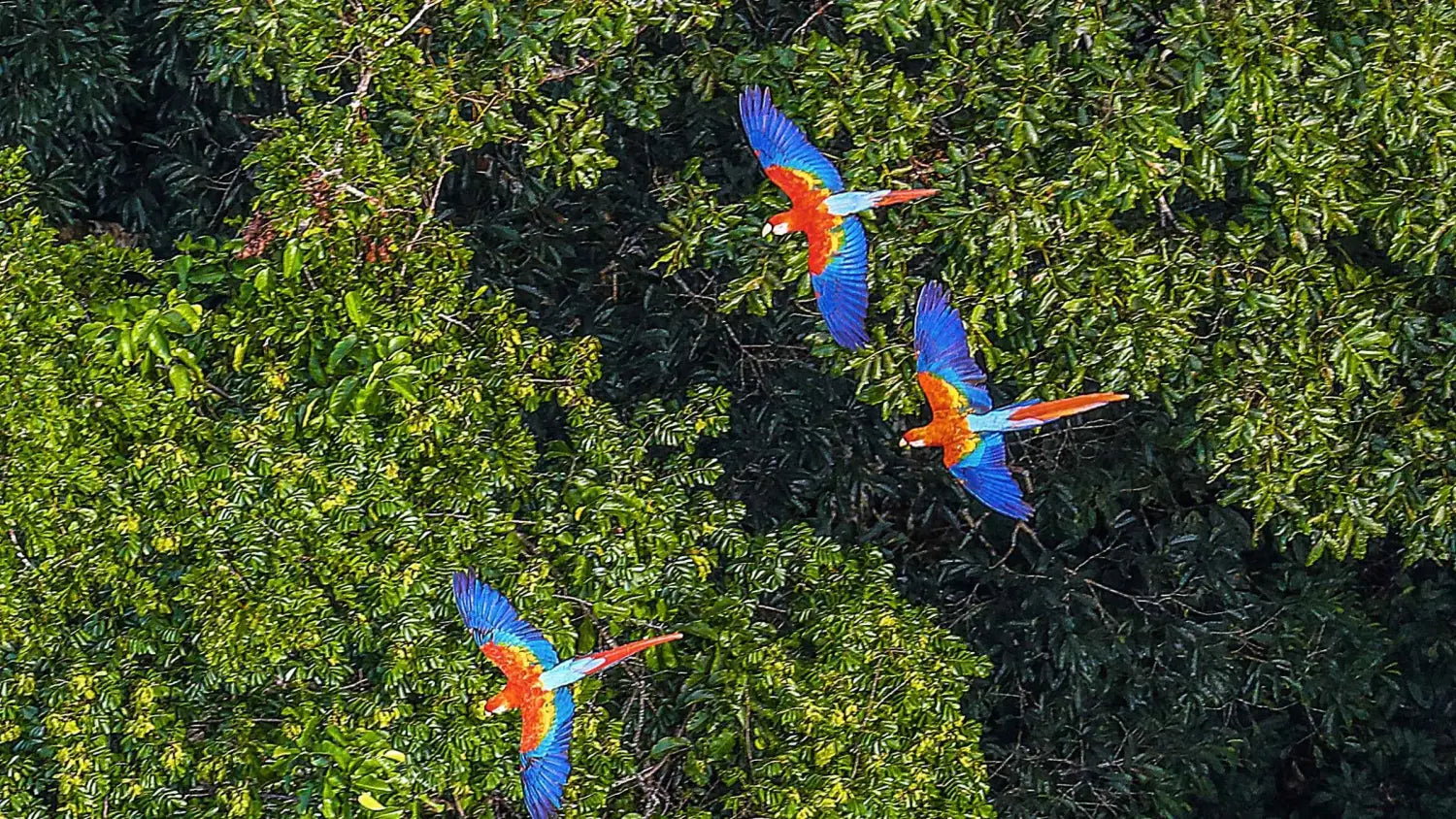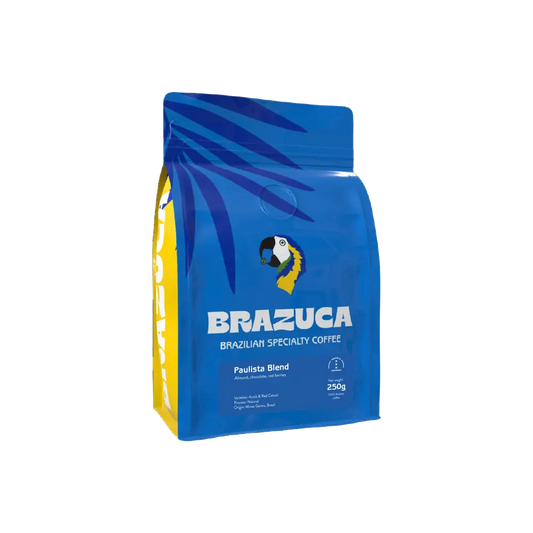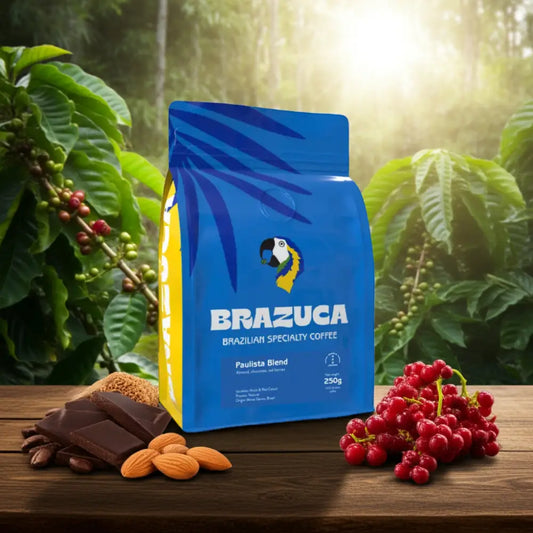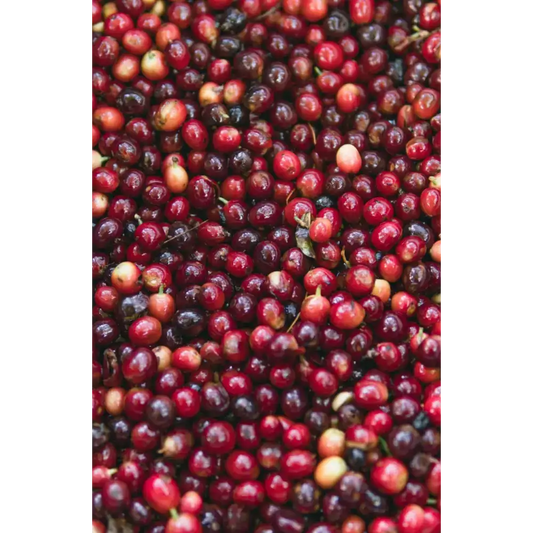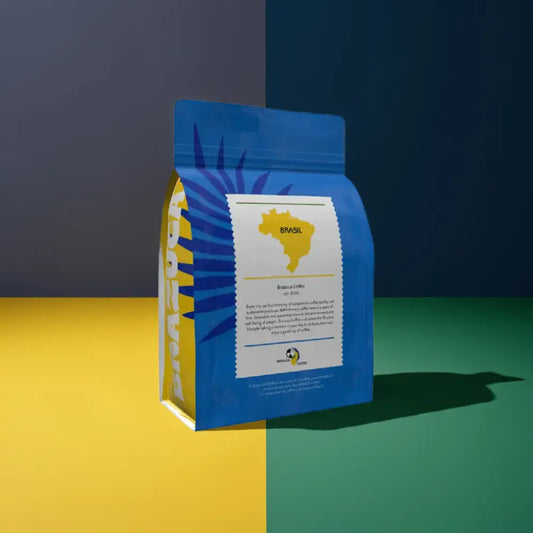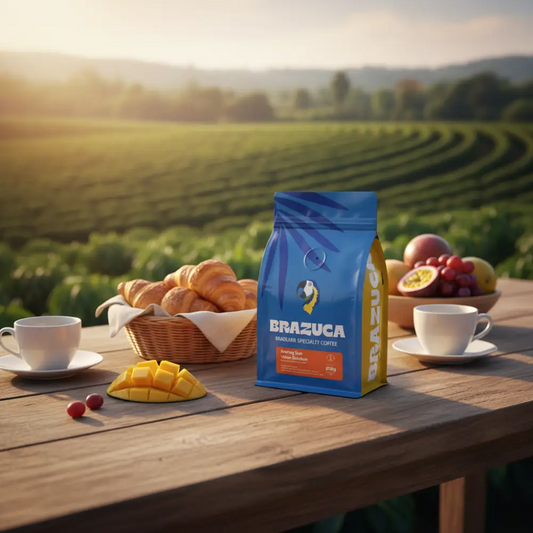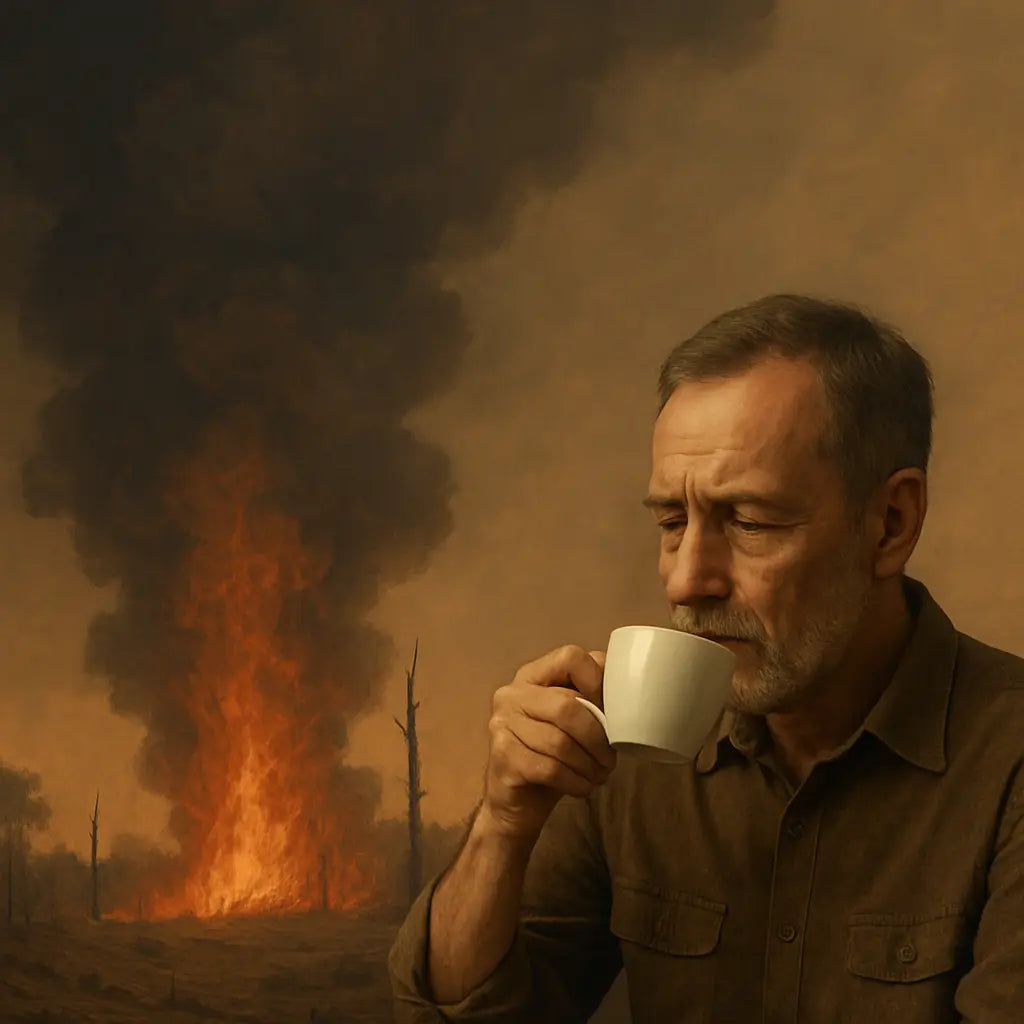
Straw Dogs in a Burning World: John Gray, Overpopulation, and the Ethics of Coffee
Share
“Humans think they are free agents with dominion over nature. But they are just another animal - clever, destructive, and blind to their limits.”
- Straw Dogs: Thoughts on Humans and Other Animals by John Gray
John Gray’s Straw Dogs is a philosophical slap in the face to modern humanism. In this raw, often uncomfortable meditation on the human condition, Gray dismantles the idea that humans are uniquely rational, moral, or destined for progress. He paints civilization as an extension of animal instincts dressed in high-minded ideals; an illusion of control in a chaotic, indifferent universe.
Now, two decades after its publication, Straw Dogs feels more urgent than ever. As climate change accelerates, the global population grows, and coffee (yes, coffee!) serves as both a metaphor and a real-world example of our consumption-obsessed culture, Gray’s core message demands fresh attention.
The Illusion of Progress in an Overpopulated World
One of Gray’s most piercing critiques is the myth of progress. We believe that with enough technology, education, and global cooperation, humanity can overcome any obstacle. But for Gray, this belief is just another secular religion; a fantasy inherited from Christianity, which promised salvation, now repackaged in scientific optimism.
When you consider the state of global overpopulation, this optimism becomes harder to defend. The Earth now hosts over 8 billion people. Even as fertility rates decline in many regions, the sheer number of humans exerts immense pressure on ecosystems, food systems, and the climate. The more we grow, the more we consume, and the more we consume, the more we erode the very biosphere that sustains us.
To Gray, this is not a bug in the system - it is the system. Like other species, humans expand to fill ecological space until something checks their growth: war, famine, disease, or environmental collapse. What makes us different is not our exemption from this pattern, but our delusion that we are.
Coffee: The Everyday Symbol of Ecological Blindness
Enter coffee: the daily ritual that fuels billions of people, rich and poor. But beneath its comforting aroma lies a brutal reality.
- Coffee is one of the most water-intensive crops.
- Most beans are grown in the Global South, where deforestation, biodiversity loss, and pesticide use are rampant.
- Climate change is making traditional coffee-growing regions hotter and less suitable for cultivation.
- Meanwhile, Western demand grows - not just for coffee, but for better coffee: single-origin, fair trade, nitro cold brew with oat milk. You name it. Even our ethical consumption is consumption.
The same applies across the food industry:
- Industrial animal agriculture consumes land and water on a staggering scale and emits more CO₂ than all global transport.
- Monocrops like soy and corn dominate global diets and devastate biodiversity.
- Even “green” superfoods, like avocados or quinoa, come with social and ecological trade-offs when scaled for export.
Gray would likely see the coffee industry as a perfect example of our inability to live with restraint. We know the environmental cost. We might even switch to a “greener” brand. But we won’t stop drinking it. Why? Because we are not rational stewards of the Earth. We are animals who have created industrial systems to satisfy our appetites; then built ideologies to justify them.
Humanism vs. Ecological Reality
Straw Dogs fundamentally questions the humanist belief that humanity is special, improvable, and destined for harmony with nature. Climate change, exacerbated by overpopulation and hyper-consumption, suggests otherwise.
- We treat the planet as if it’s a resource bank with infinite credit.
- We measure success in growth, never in balance.
- We believe we can innovate our way out of the crisis we engineered.
Gray’s challenge is that perhaps we can’t. Maybe we were never meant to. Perhaps, like other species, we are subject to natural limits we refuse to recognize - and will learn about them not through foresight but through collapse.
A Difficult Takeaway: What Now?
Gray offers no solutions because he believes the idea of a “solution” is itself part of the humanist myth. This can be deeply unsettling. But it also forces a more honest conversation.
Maybe the point is not to save the world, but to see ourselves in the world; not above it.
Maybe we should consume less not because it will “save the planet,” but because humility and restraint are virtues in a universe where we are not central.
Maybe drinking less coffee isn’t a revolution - but it’s a small, symbolic act of resistance against a culture that treats nature as a vending machine.
Straw Dogs is not a hopeful book, and that’s what makes it powerful. It strips away the flattering stories we tell ourselves; about progress, morality, and destiny - and asks us to see ourselves clearly.
In a time of ecological crisis, overpopulation, and the relentless commodification of even our smallest pleasures, maybe that’s the first step toward something more grounded than hope: acceptance, awareness, and a more honest form of coexistence with the Earth.
Even if we can’t change the system, perhaps we can change how we live within it.
